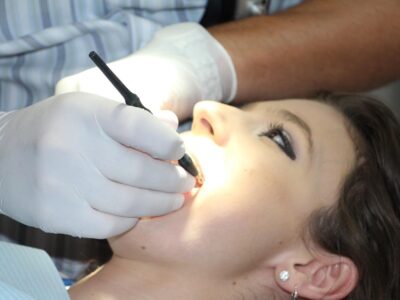I hear this declaration many times. It is hard to always know what the real problem is. Here are some things to do that really help you get the coverage you expect.
- Ask for an estimate of charges and send this in to your insurance company. This will help you understand your share of the bill and what may not be covered. Call you dental insurance company ask them if they need a form in addition to the estimate. Do not rely on what the dental office manager tells you.
- Once you have your dental work done, the claim is filed and you hear, “The insurance company has denied the claim.” Ask to see that in writing. Call the insurance company to be sure that all paperwork has been sent in and is accurate. Don’t be afraid to call the dental insurance company and have them help you understand.
When you obtain dental insurance, find out what type it is. It can be a PPO which stands for Preferred Provider Organization or it can be DMO which stands for dental management organization.
The DMO plans require that you select a dental office as your primary dental office. That dental office refers you to specialists as needed. You can change your dental office if you are not happy with the service. You need to change officially with your dental insurance company. Never assume you are registered with a dental office. They can look you up in their database to make sure you are able to choose them and have done so. PPO plans also use a network. You do not need to stay with the same office.
It is a good idea to research the size your dental insurance provider base. It is also important to review the out of network cost share. You may want to keep a dentist that is out of network, but will bill your insurance company for you. Some dental insurance companies pay a set fee for a procedure and others will pay more and at a percentage of cost. It really depends on how robust your plan is. Average monthly costs range from $40 per month to $80 per month per person. DMO plan premiums range from $10 to $20 per month. They typically do not have a cap on services. That being true, if you find a dentist and like them and they take a DMO insurance plan it is very good.
Insurance plans that are written for employers are usually more robust and offer better benefits. This is due to the rule of large numbers. Many people do not go to the dentist until it is dire. However their premium keeps going in. When you buy a dental plan individually, you typically use it. Therefore the profitability is less.
There is a third option for employers. They can set up a self funded arrangement with their employees. If you are interested in that arrangement, please contact me. I do not sell or profit from that advice. But you may think of me when you purchase your health insurance.



 You Want a Good Doctor?
You Want a Good Doctor?